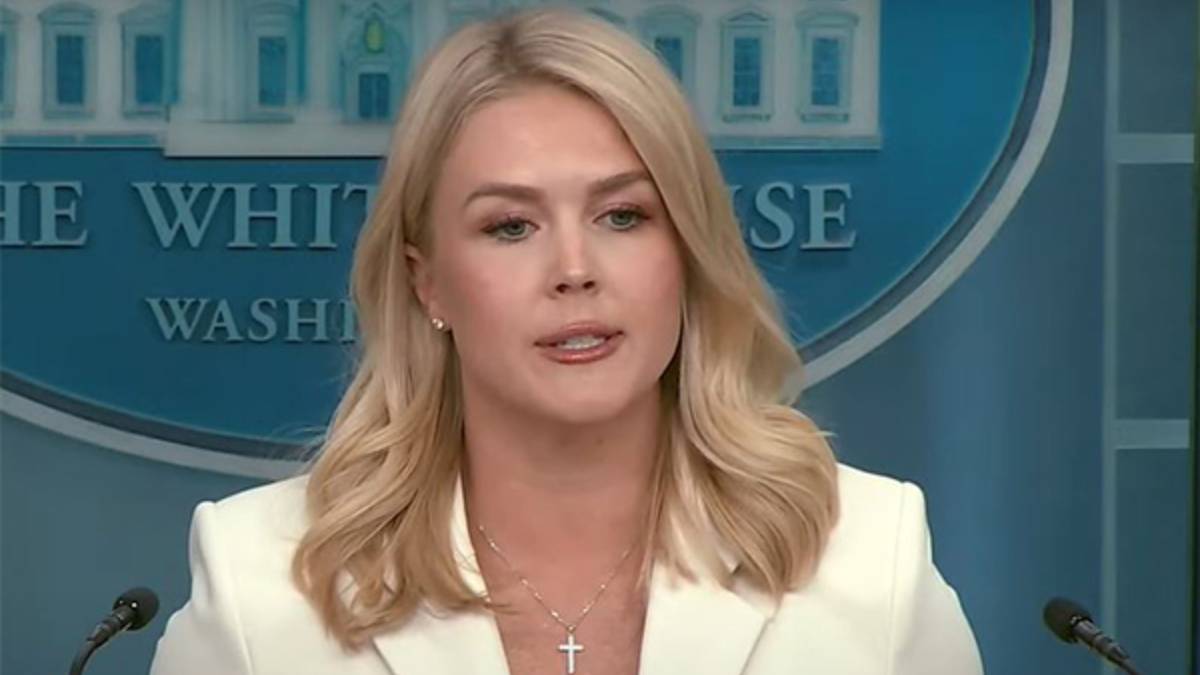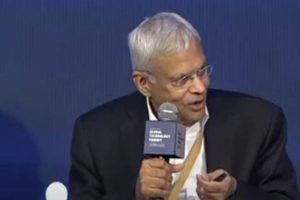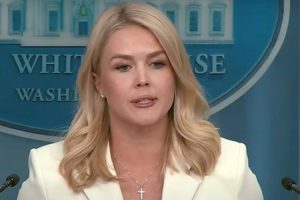In a bold move escalating ongoing trade tensions, the White House announced Tuesday that a 104 per cent tariff on Chinese imports will take effect starting Wednesday. The decision, which comes amid growing economic friction, signals a hardline stance by the Trump administration on what it sees as unfair trade practices by Beijing.
Speaking at a press briefing, White House Press Secretary Karoline Leavitt warned China against retaliatory actions, calling such moves a “mistake.” She stressed that President Trump is committed to defending American workers and industries with uncompromising resolve.
“It was a mistake for China to retaliate,” Leavitt stated. “When America is punched, he punches back harder. That’s why there will be 104 per cent tariffs going into effect on China tonight. If China reaches out to make a deal, he will be incredibly gracious.”
Leavitt emphasized that the tariffs are part of a broader strategy to counter trade imbalances that have led to job losses and economic hardships in the United States. She accused China of deepening those issues through its policies.
“President Trump has made it clear that the era of American economic surrender is over,” she said. “He will not allow American workers and companies to be taken advantage of by foolish trade practices that strip away millions of good jobs and hollow out communities.”
She further warned that countries choosing to retaliate against the U.S. are making a strategic misstep. “President Trump has a spine of steel. He will not break — and America will not break under his leadership,” she asserted.
Addressing questions about the timing and potential flexibility of the tariffs, Leavitt confirmed there would be no delay or extension. However, she noted that Trump remains open to negotiations.
“Since the Liberation Day announcement, nearly 70 countries have reached out to the president to begin negotiations,” she said. “He’s directed his trade team to create tailor-made trade deals with each and every country that contacts this administration.”
Leavitt also outlined the administration’s wider approach, stating that the tariffs target not just monetary duties imposed on U.S. goods but also non-monetary trade barriers that hinder American exports.
Earlier this week, Trump also threatened to increase tariffs on China by an additional 50 per cent in response to Beijing’s recent 34 per cent retaliatory tariff hike. That increase followed the administration’s earlier move on April 2, dubbed the “Liberation Day” tariffs.
In response, a spokesperson from China’s Ministry of Commerce condemned the U.S. action as “groundless” and labeled it a form of unilateral economic bullying.
The development marks another sharp turn in the ongoing trade conflict, with global markets watching closely for signs of resolution or further escalation.





